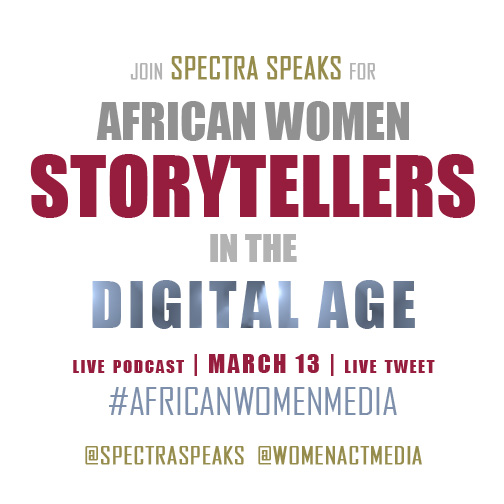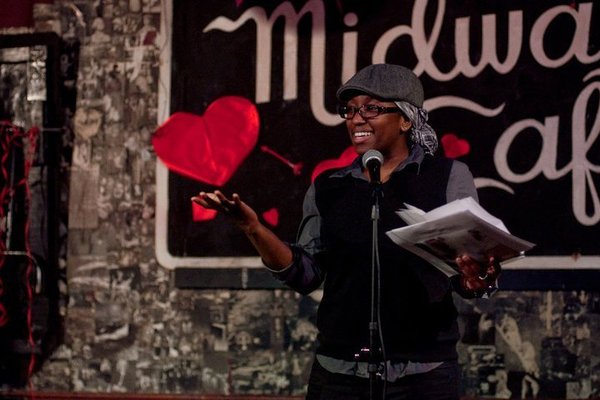On March 13, as part of the Women, Action, and the Media's annual feminist media festival, I'll be hosting a live podcast about African women using media to subvert mainstream narratives about Africa: "African Women Storytellers in the Digital Age." In true kitchen table conversation style, my guests and I…
-
-
Advocacy - Afrofeminism - Blog - Gender and LGBT Issues - Keynotes, Talks, and Presentations - LGBT Africa - Media - My Work - New Media - Philanthropy - Speaker Services - Thought Leadership
Making It In Media, Accidentally: One Queer African Writer’s Journey to Paradise
My career path in media hasn't been linear or conventional by any means. I went to MIT to study Mathematics, before realizing that I was really an artist. My parents are still in recovery. But everything will work out. It always does. Don't drive your career with someone else's rear…

